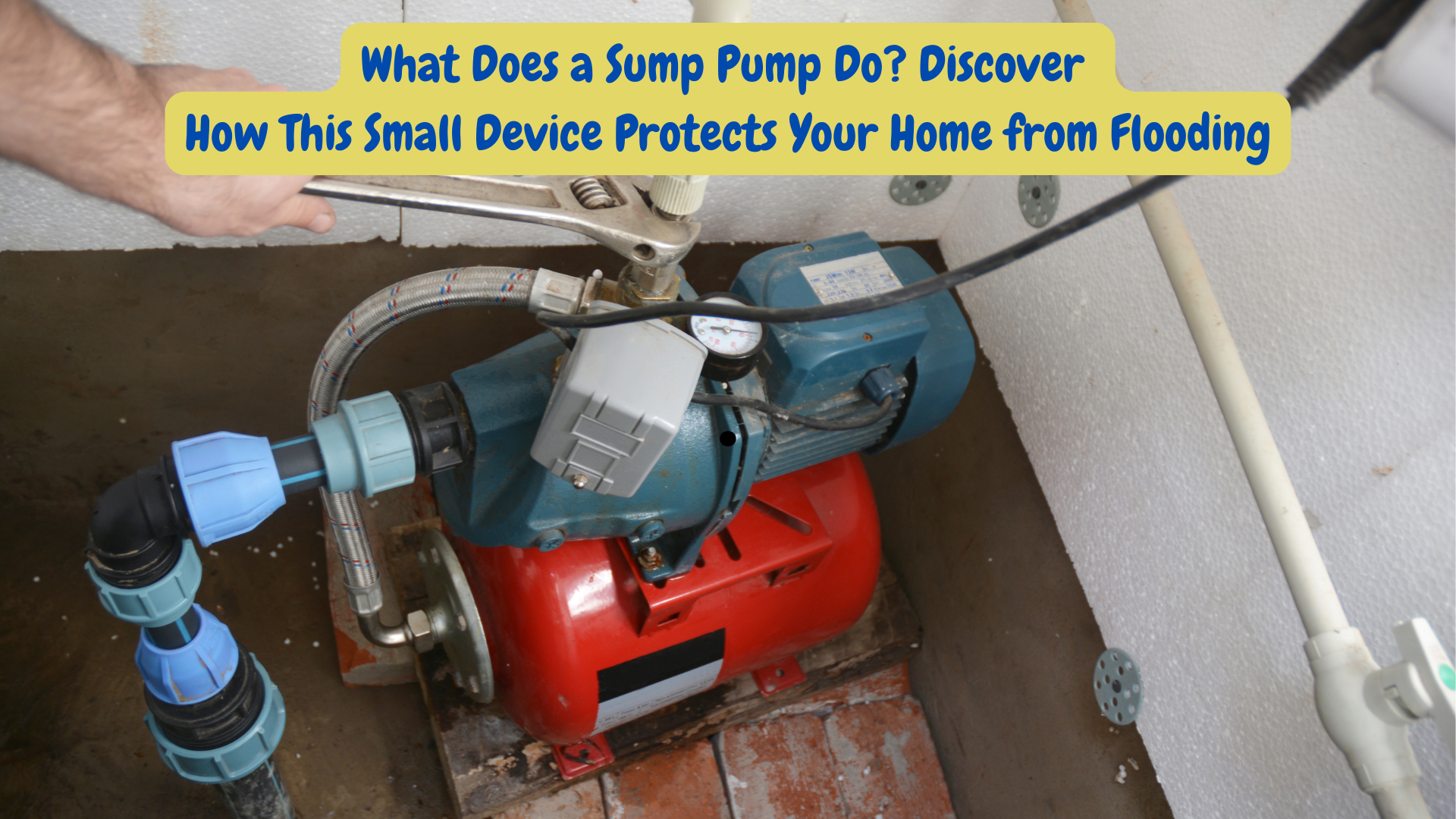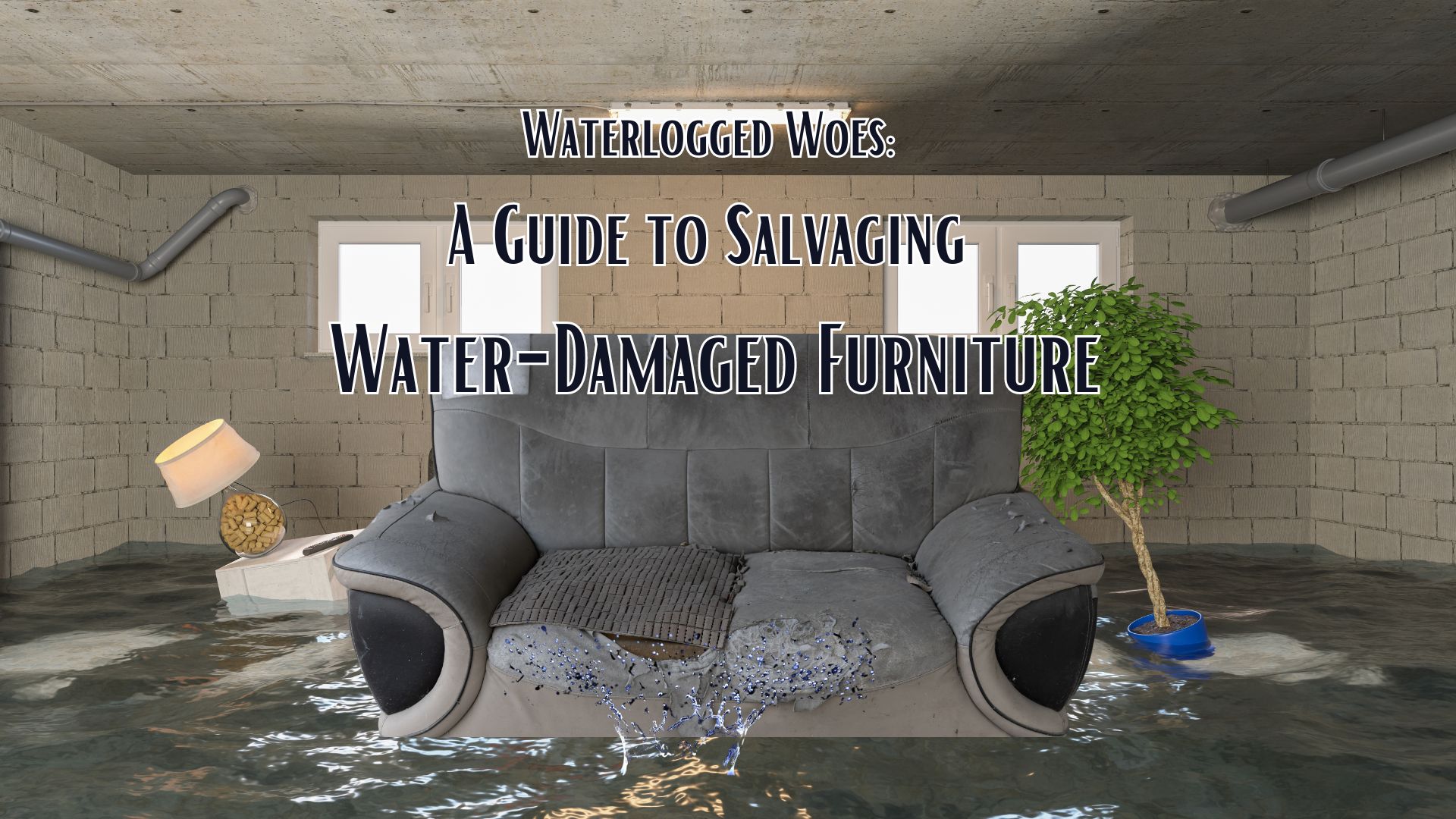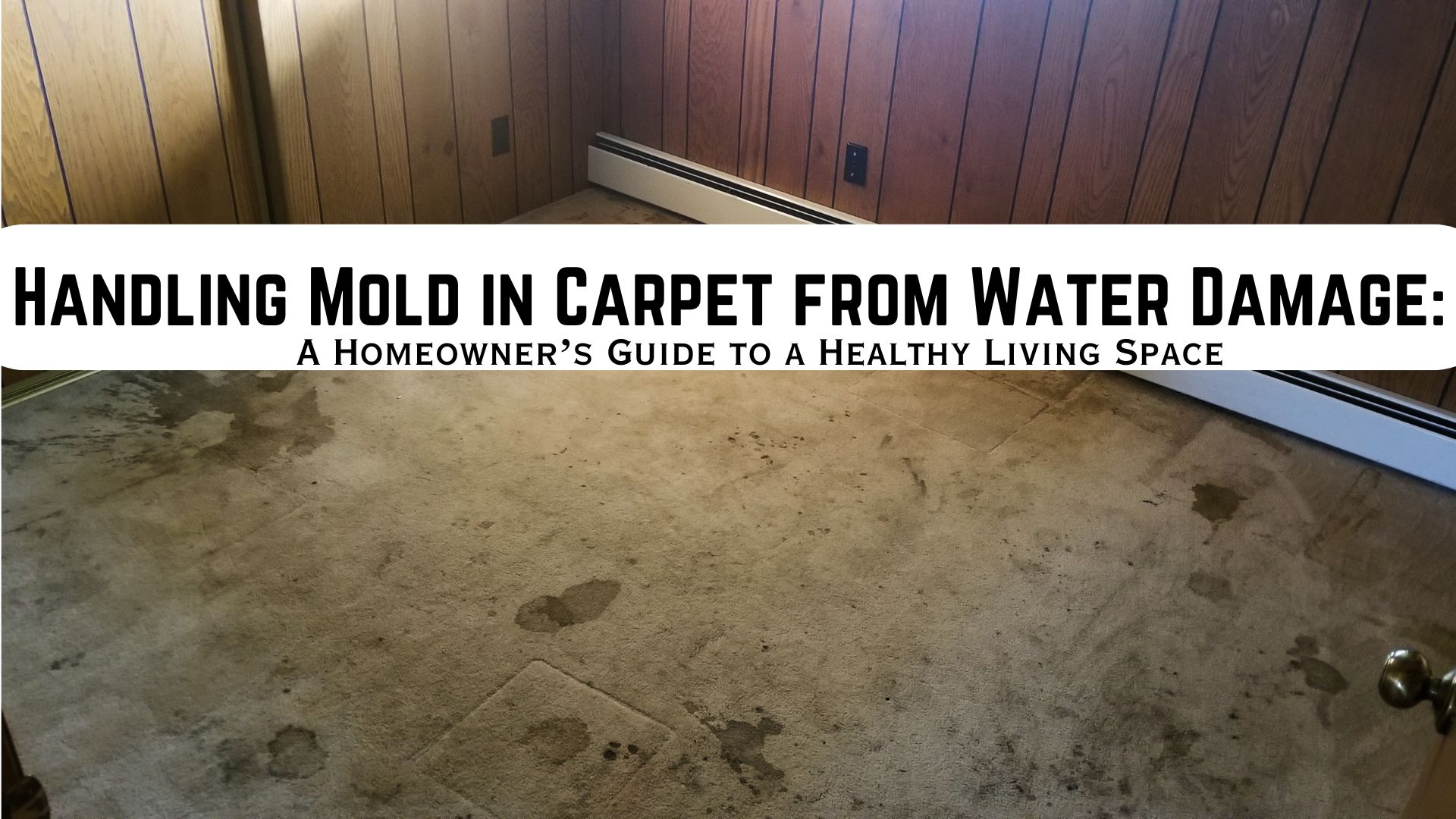A high-quality water heater is a crucial appliance in any home, providing comfort and convenience. However, when that trusty water heater starts leaking, it can raise concerns. And that demands immediate attention.
Is a leaking water heater dangerous? As homeowners, it’s crucial to comprehend the potential dangers associated with a water heater leak and to take swift action to address the issue. In this article, we’ll explore the risks associated with water heater leaks, how to identify them, reasons behind a leaking water heater, and essential steps to mitigate and address the issue promptly.
Signs of a Leaking Water Heater
Water heaters often hide in utility closets or basements, making leaks difficult to detect until they become noticeable. Here are some signs that your water heater might be leaking:
1.Lack of Hot Water: If your faucets suddenly produce cold water instead of the expected hot water, it could be due to a leak.
2.Water Pooling: Check the base of your water heater for any pooling water. Small leaks, if left unattended, can result in substantial harm as time passes
3.Loss of Water Pressure: Reduced water pressure in your faucets may indicate a leak.
4.Pressure Relief Valve (T&P Valve) Leaks: The T&P valve, responsible for maintaining safe pressure levels, can sometimes leak.
5.Warped or Stained Ceiling: Water seeping from the water heater can cause ceiling stains or warping.
Where Water Heater Leaks Occur
Understanding the source of the leak is crucial for assessing its danger level. Common leak locations include:
- Drain Valve: A leak from the drain valve at the bottom of the tank.
- Inlet and Outlet Valves: Leaks from the pipes connected to the top of the water heater.
- T&P Valve: The temperature and pressure relief valve, located on the side of the tank.
- Top Section: Leaks from the pipes and valves bringing cold water into the tank and discharging hot water.
Is a Leaking Water Heater Dangerous?
Absolutely! Here’s why:
- Scalding Risk: Leaking hot water can cause scalding injuries.
- Property Damage: Water damage to your home can be costly and disruptive.
- Rare Explosion Risk: Although uncommon, a severe leak from the T&P valve could lead to an explosion.
The Anatomy of a Water Heater Leak
Understanding why a water heater might leak is the first step in addressing the issue effectively. Several common points of failure can lead to a water heater leak:
- Water Heater is Leaking: Signs and Symptoms
Identifying a water heater leak is imperative for prompt resolution. Common signs include puddles around the unit, water stains, or unusual sounds during operation.
- Leaking from the Bottom: Causes and Solutions
A water heater leaking from the bottom can be attributed to issues such as corrosion, a faulty drain valve, or sediment buildup. Exploring these factors can guide you in pinpointing the exact source of the leak.
- Cold Water Woes: Possible Reasons for a Chilled Outcome
A sudden decrease in water temperature may signal a problem with the heating element or thermostat. Understanding the root cause is crucial for a targeted solution.
- T&P Valve: A Key Player in Water Heater Safety
The Temperature and Pressure (T&P) relief valve is designed to release excess pressure. A leaking T&P valve might indicate elevated pressure levels or a faulty valve that requires immediate attention.
Is a Leaking Water Heater Dangerous?: Immediate Actions to Mitigate Danger
When faced with a leaking water heater, prompt action is crucial to prevent potential hazards. Here are essential steps to take:
- Turn Off the Power: Safeguarding Against Electrical Risks
Water and electricity don’t mix well. If you notice a water heater leak, immediately turn off the power supply to avoid electrical hazards.
- Drain Valve Dilemmas: Resolving Issues at the Source
The drain valve is a common culprit for leaks. Learn how to troubleshoot and fix this component to stop the leak and prevent further damage.
- Identifying the Source of the Leak: A Step-by-Step Guide
Pinpointing the origin of the leak is essential for effective repairs. We’ll discuss how to systematically identify and address the source of the problem.
How to Address a Leaking Water Heater
- Turn Off the Power: For electric water heaters, switch off the breaker labeled “Hot Water Heater.” For gas heaters, turn off the gas supply.
- Shut Off Water Pressure: Close the cold water supply valve to prevent further water flow.
- Identify the Leak: Inspect pipes, fittings, and the T&P valve for signs of leakage.
- Tighten Loose Pipe Fittings: If the leak is from the top, tighten loose connections.
- Replace Faulty Valves: If the T&P valve is faulty, replace it promptly.
- Consult a Professional: For major leaks or safety concerns, seek professional help.
Remember, regular maintenance and prompt attention to leaks can prevent costly repairs and ensure your water heater remains safe and efficient. Stay vigilant, and don’t underestimate the importance of a well-functioning water heater!
Regular Maintenance: The Key to a Healthy Water Heater
Implementing routine maintenance practices can extend the lifespan of your water heater and minimize the risk of leaks.
Monitoring Water Inlet: A Frontline Defense Against Leaks
Keeping a close eye on the water inlet helps detect potential issues early on, preventing leaks and ensuring the overall health of your water heater.
Related Keywords and Their Significance
Hot Water Heater: Ensuring a Steady Supply
A leaking water heater often results in a lack of hot water. Discover how addressing leaks can contribute to the consistent performance of your hot water heater.
Circuit Breaker Concerns: Navigating Electrical Safety
Leaking water near electrical components can pose significant risks. Understand the role of the circuit breaker and how to safely manage power in a water heater emergency.
Taking Preventive Measures for a Leak-Free Future
Preventing water heater leaks is equally important as addressing them promptly. Here are proactive steps to ensure a leak-free future:
Is a Leaking Water Heater Dangerous? Safeguard Your Home Now from Water Heater Leaks!
In conclusion, a leaking water heater poses various risks, from electrical hazards to property damage. By understanding the potential causes and taking swift, appropriate action, homeowners can mitigate these dangers effectively. Regular maintenance and proactive measures play a crucial role in preventing water heater leaks, ensuring a reliable and safe hot water supply for your home.
Stay informed, stay vigilant, and safeguard your home from the potential dangers associated with a leaking water heater.
Is a leaking water heater dangerous? Call Superior Restoration, your water damage expert, today!





